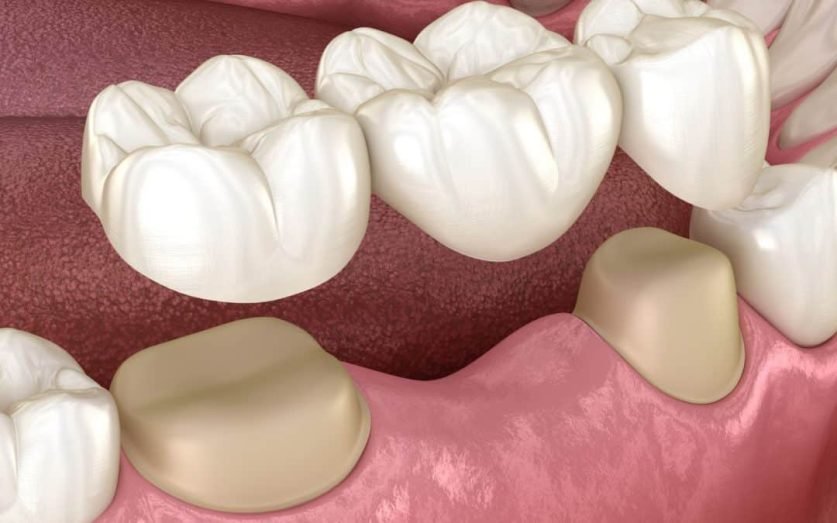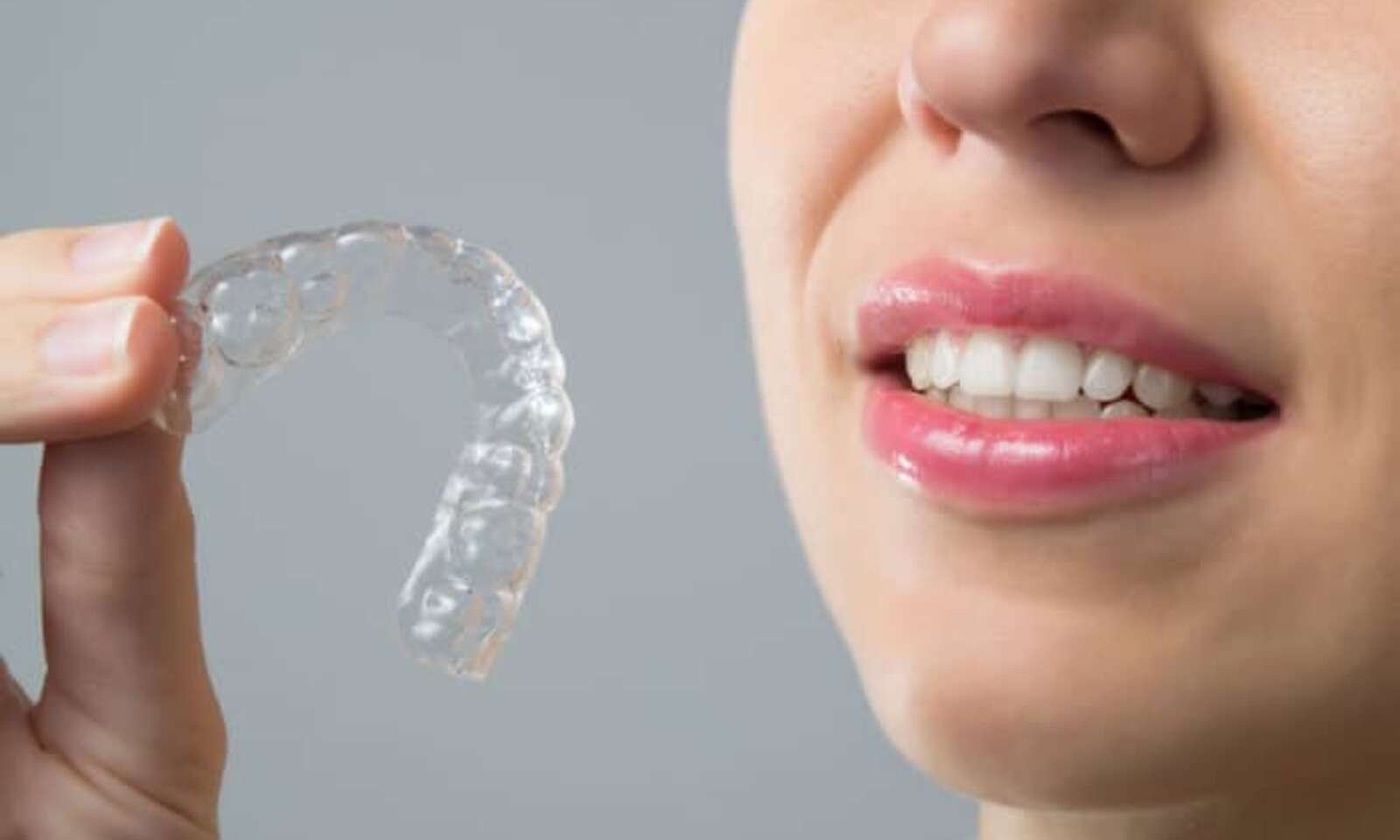Why Are Dental Bridges A Vital Part Of Dentistry?
Dentists at a Houston dental clinic can use dental bridges to fill up any gaps in your smile caused by lost teeth. A pontic, the artificial tooth used in dental bridges, is secured by the abutment teeth on either side of the gap. Pontics often consist of porcelain to visually mix in with your natural teeth. However, they can also make it with other materials, like gold. You can see the difference in teeth through the dental bridge before and after photos.
What types of dental bridges are there?
According to a dental office near me, there are four main types of dental bridges:
- Traditional
- Maryland
- Cantilever
- Implant-supported
Traditional dental bridge
Traditional Dental bridges near me consist of crowns that dentists bond to each abutment tooth, which keep the artificial tooth or teeth in its place. The most popular and common type of dental bridge is a conventional bridge, which you can use when you still have healthy teeth on either side of the gap left by your lost tooth.
Maryland dental bridge
Maryland bridge dental needs two healthy abutment teeth—one on either side of the gap—just like a conventional bridge. On the other hand, a Maryland bridge uses a metal or porcelain framework bonded onto the backs of the abutment teeth. In contrast, a typical bridge puts dental crowns on the abutment teeth.
Cantilever dental bridge
The cantilever bridge dental is quite similar to a traditional bridge in that only one abutment tooth serves as the pontic anchor, which the dental crown protects. You only require one healthy tooth next to the gap left by the missing tooth to provide support to the cantilever bridge.
Implant-supported dental bridge
As the name suggests, t uses dental implants to support dental bridges rather than crowns or frameworks. Dentists surgically place implants for every missing tooth, and these implants hold the bridges in their place. Suppose it is impossible to place one implant for each lost tooth. In that case, the bridge may consist of a pontic hanging between two implant-supported crowns.
Dental bridges vs. dental implants
Many dental insurance policies and plans cover the cost of bridges, and many of those schemes also cover implants. Depending on how well you care of it, a dental bridge may require an update every five to fifteen years, whereas implants are considered a permanent fix. Dental hygiene is one such factor that can shorten the lifespan of all bridge types, including implants.
What are the key advantages of dental bridges?
Dental bridges assist in replacing missing teeth and restoring the functionality of your teeth, enabling you to speak and chew food properly. The positions stop your natural teeth from slipping toward the space and causing bite issues. To preserve the structure of your face, the risk of bone loss is decreased. Bridges are not susceptible to slipping or shifting like dentures since they are placed permanently in your mouth.
Conclusion
The above-provided information tells us about dental bridges. It also highlights the various informative and beneficial aspects of dental bridges. For further essential facts and updates, please visit epicdentalcenter.com.












